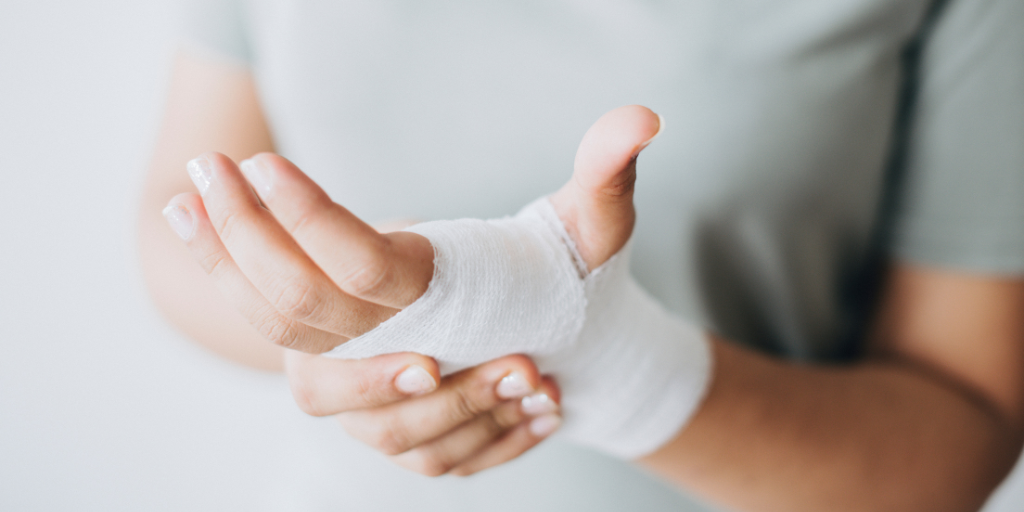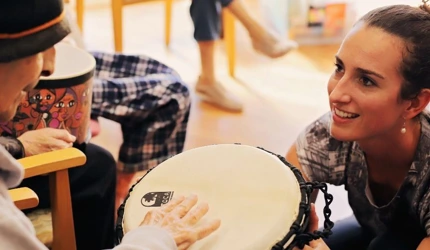
For most of our lives, a cut or scrape heals quickly with minimal care and is usually nothing to worry about. However, as we get older, these minor injuries can become more serious.
Ageing skin tears more easily and takes longer to repair itself. Minor injuries that were once insignificant - such as a nick from chopping vegetables or an elbow scrape after bumping into a door frame - can turn into wounds that take weeks to heal. In more serious cases, like pressure sores or ulcers, it can take months or even years of treatment.
Over time, persistent wounds can have a ripple effect on health and well-being, with pain disrupting sleep and negatively impacting other parts of life.
Early intervention can prevent a minor injury from developing into a long-term wound that can be debilitating, according to our BAH registered nurses from Brightwater At Home.
“One of my clients was prevented from swimming by a skin tear that developed into an ulcer, and she was frustrated because swimming was helping with pain and mobility issues caused by other health conditions,” said one nurse. “It took about six months, but finally the wound healed, and she was very happy.”
Managing a wound yourself
If the wound is minor and doesn’t require medical treatment, it’s important to follow good hygiene practices by washing the wound with bottled water then applying a clean, dry dressing.
However, if it isn't improving after a week or so, or starts to look worse, it’s time to seek professional help.
“If there's anything of concern, such as an increase in pain, redness, or a smell or discharge from the wound, it’s important to talk to the nurse so we can start treatment straight away,” said one nurse. “We do get some clients trying to manage skin tears at home, and what was a simple skin tear then gets infected and turns into an ulcer.”
Getting professional help
The Brightwater at Home’s nursing team begins wound care treatment with a thorough assessment of each client.
“In addition to cleaning and dressing the wound, we consider the impact of other medical conditions, and whether or not the client might need to see other health professionals. For instance, if someone has multiple skin tears after multiple falls, we might arrange for the physiotherapist or occupational therapist to assess mobility issues,” said one nurse.
Skin tears and abrasions are known as acute wounds, and typically take around six to eight weeks to heal. However, pre-existing conditions can complicate the healing process. For instance, if someone is on blood thinners, or has circulatory or vascular issues, an acute wound may develop into a chronic condition that can take much longer to heal. For this reason, it is important to manage pre-existing health issues and carefully monitor for any signs of potential problems.
How you can help yourself
Brightwater at Home’s nursing team has extensive experience in managing various types of wounds. Clients can support their healing process by following the advice provided by the nursing team.
“It’s important to have good hydration and nutrition as well as exercise to promote circulation. Keep the wound dry and try not to change the dressing yourself. It’s important to report any issues such as a wet dressing so a nurse can attend and prevent any cause of infection.
The Brightwater at Home nursing team all say it’s a privilege to be able to treat clients where they are most comfortable.
“They tell us about their lives and their families. It’s a more personalised and individual way of treating people, that’s more holistic, and part of the wrap around care provided to all clients."



